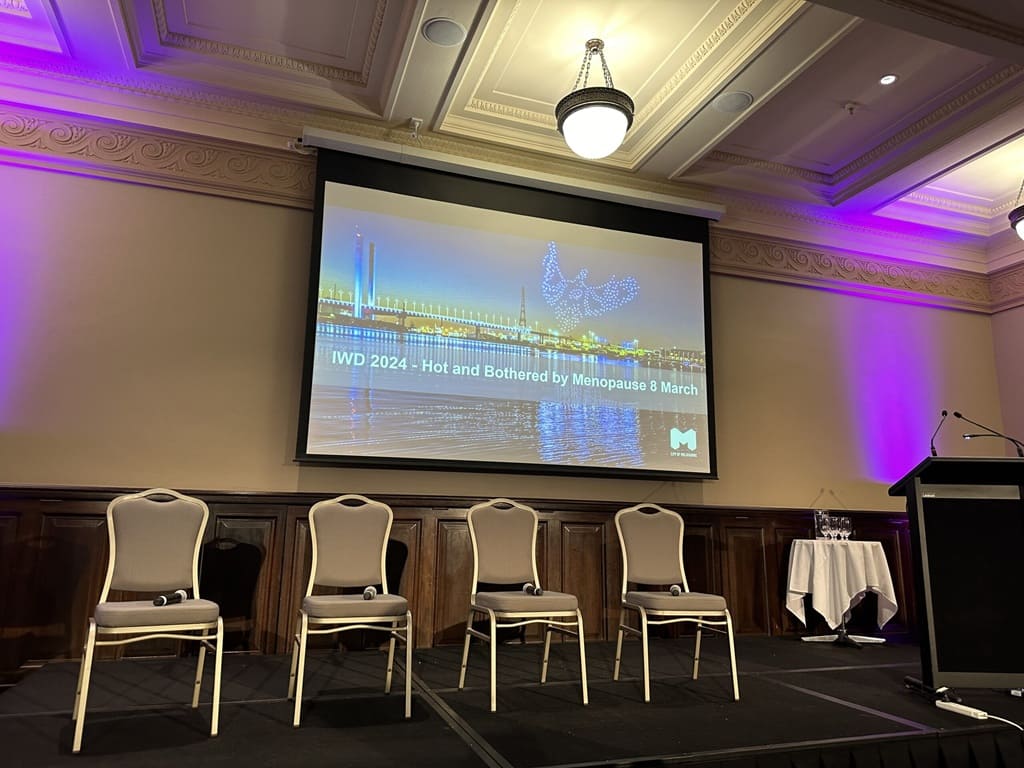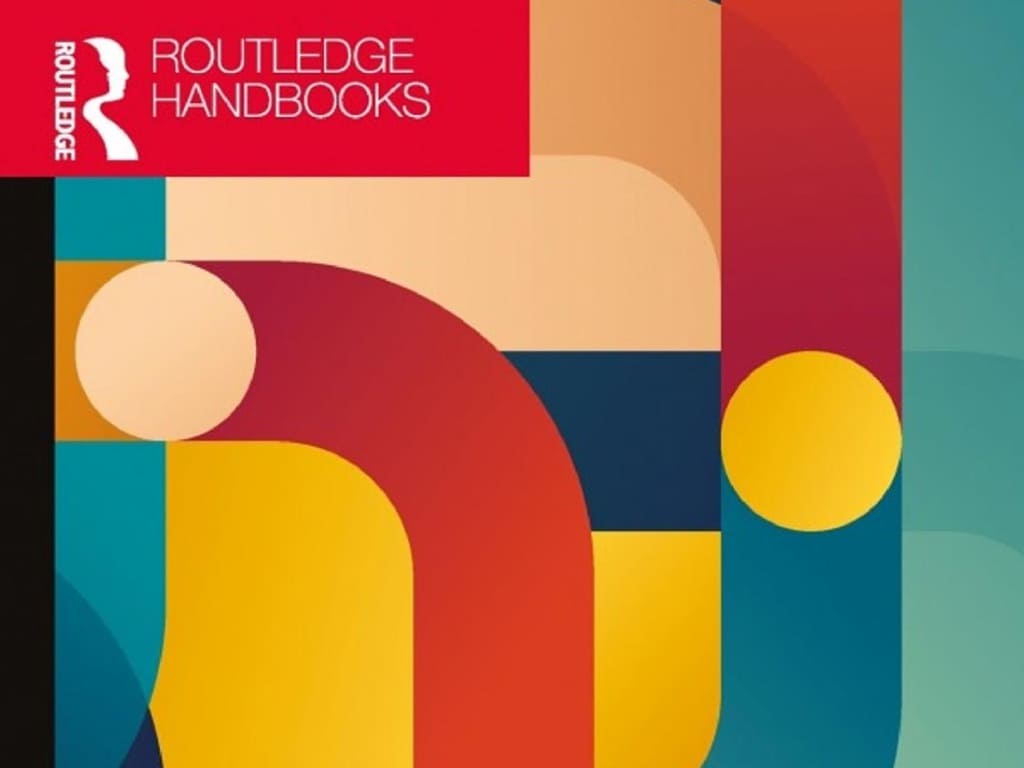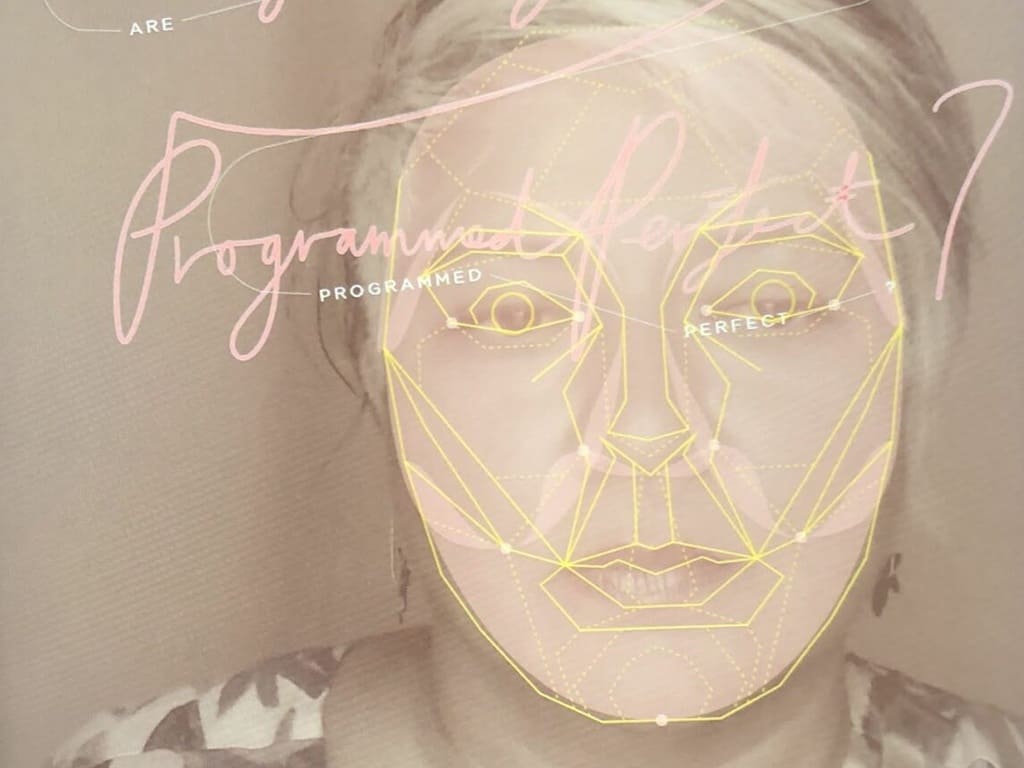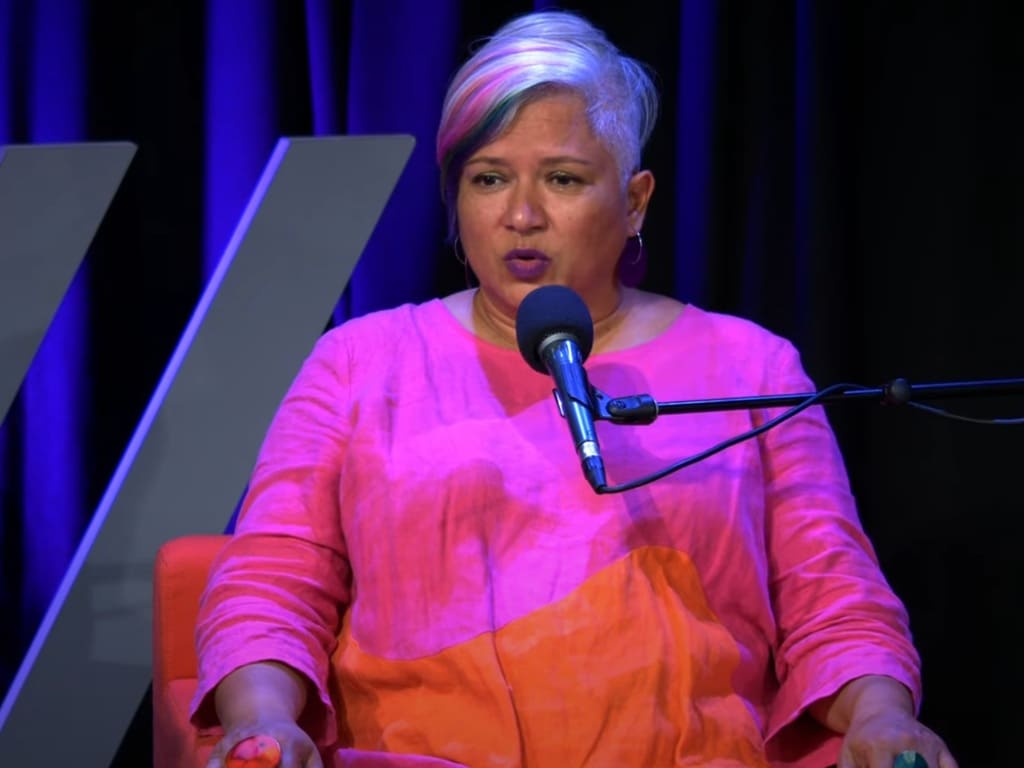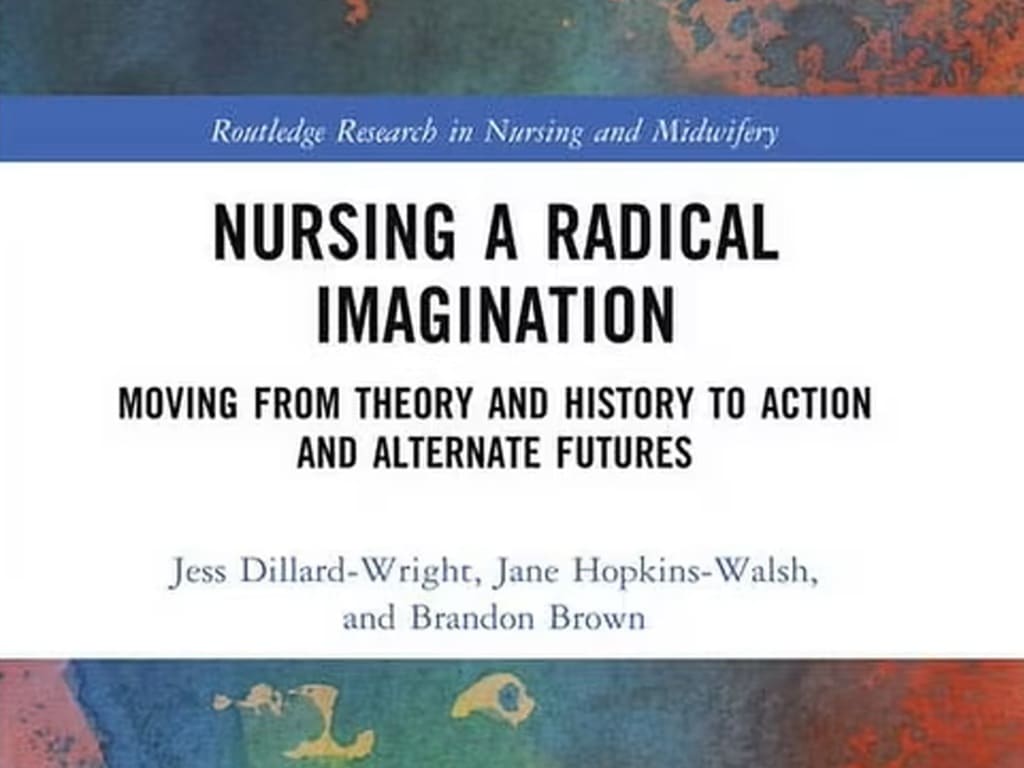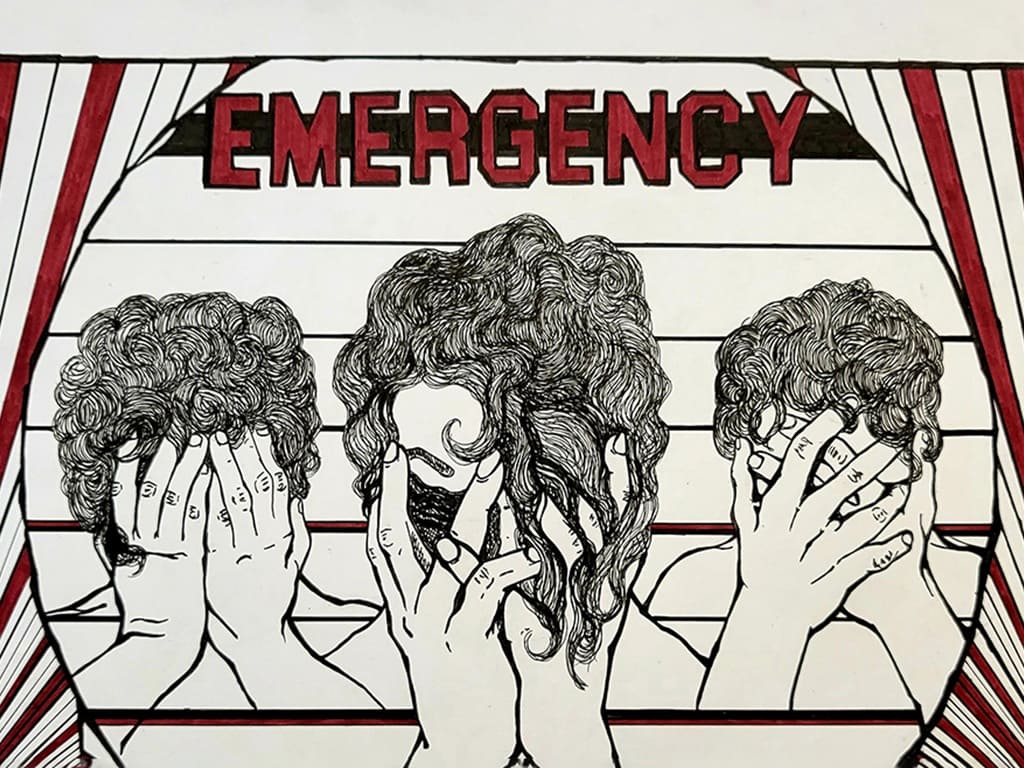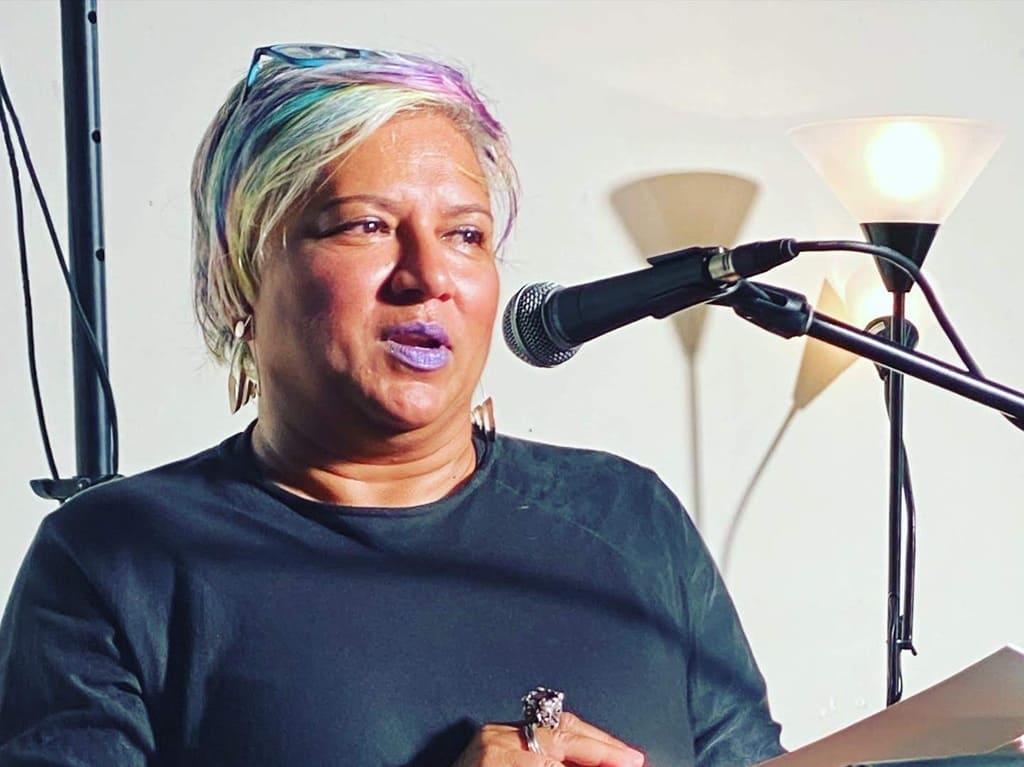Submission to the Principles of the Treaty of Waitangi Bill 2025
7 January 2025Tēnā koutou e Justice Select Committee members My name is Dr Ruth De Souza (FACN). I am writing this submission as an individual New Zealand citizen. I write this as a Registered Nurse, educator, and a migrant to […]
Submission to the Principles of the Treaty of Waitangi Bill 2025 Read Post »

